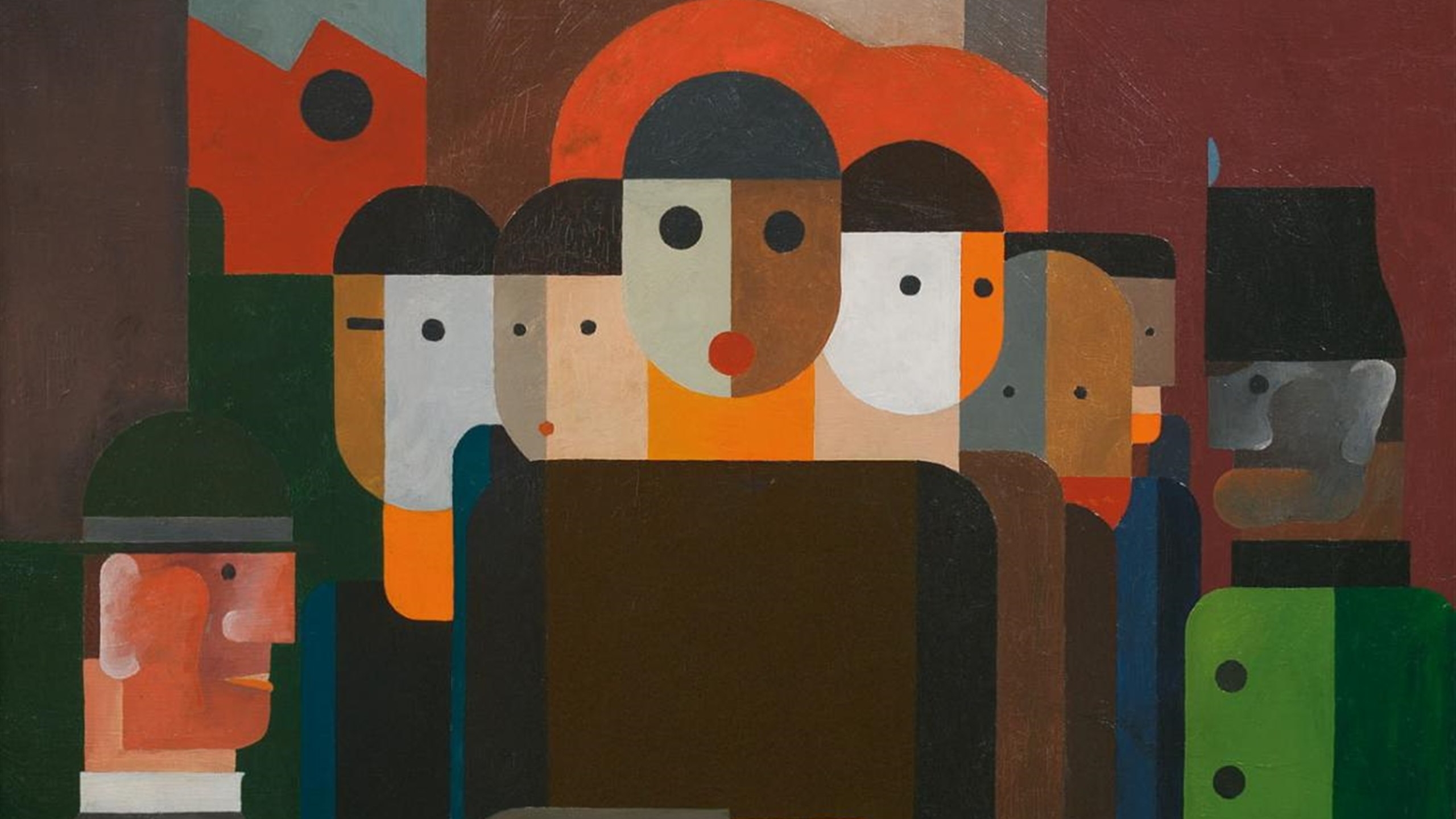We invited submissions on what a Labour Party with a million members could be and do and will be concluding the series today.
We invited submissions on what a Labour Party with a million members could be and do and will be concluding the series today. Yesterday we published Part One and Part Two.
Become a Workers’ Movement for the 21st Century
by Jacob Soule
A million strong party will only be effective if it engages directly in its members’ everyday lives. This would in part involve transforming the party into a social movement rather than merely an electoral machine. This has in many ways been achieved, as has been highlighted by John McDonnell among others in the days since the election. But the party also has to return to its roots in the fundamental sense of being not just a social movement but also a workers’ movement. This obviously means something very different today than it did when the Party was founded, since we are in an age when party membership has largely been delinked from workplace agitation. But if Labour is to maintain the attention and participation of its new membership into the next election and beyond, it needs to seriously think about what a workers movement in the twenty-first century would look like.
There have been some encouraging steps in this direction already. Although the manifesto was a key part of the unprecedented surge in support for the party—and its policies were in their own way deeply radical—it was not the most ambitious document to be produced under Jeremy Corbyn’s leadership. This was in fact the much under-discussed report Alternative Models of Ownership. It proposes a fundamental rethinking of the relationship between worker and workplace. It argues for increasing democratization of industry through not only nationalization but worker participation in structural decisions, through worker cooperatives and other forms of democratic decision-making. Such an approach, the report argues, would fight the casualization of labour and the threat of automation by distributing work more evenly, thereby alleviating the appalling Sophie’s choice of either underwork or overwork that most people face.
The unions obviously have their role in bringing this about. But a million strong membership would mean the entrance into Labour of many who are facing casualization and precarity, often in industries where unionization is difficult if not impossible. Academic labourers, freelance workers, Uber and Lyft drivers, as well as those facing unemployment or with disabilities—a coalition of those currently out of reach of the unions must be brought together.
We have been told that Labour will take the country back to the seventies. Good! What an era of missed opportunity that was. Labour has the chance to become the party it never was, one capable of resisting the seemingly unstoppable march of neoliberal economic dogma with not just reform and compromise, not just Keynesian dogmas about the “commanding heights” of the economy, but with a genuinely radical, participatory and democratic economic platform. A million members capable of linking their membership to the prospect of a newfound sense of power and autonomy in the workplace would be the foundation of such a project.
Re-establish Long-lasting Relationships of Trust and Solidarity
As we move towards a million members, the temptation may be talk in terms of how mass membership might be to develop an effective coalition for a head-on challenge to the Tory state’s enduring austerity programme, through an intelligent mix of union confrontation and member involvement in public campaigns aimed at “changing the narrative”.
But I think the prize from mass membership to be won is bigger than an end to austerity, bigger than a victory, at least until the next economic crisis (only a couple of years away) for our version of economic common sense.
The real prize lies in re-establishing a long-lasting relationship of trust and solidarity, not just between working people and the labour movement, but between working people themselves. The real grounding for a socialist future lie less in the imposition of re-distributive and fiscally intelligent economics, though this will play a party in creating the material conditions for deeper change, and more in a renewed spirit of associational democracy, in which new associational forms of production and citizenship challenge the state for legitimacy. John McDonnell can sort out the former. The latter needs a million of us.
This means members getting involved in the hitherto non-political, fostering everyday democracies in environments of everyday trust and proper participation. It means the party becoming less an instrument of organisation (forget community organisers) and more a source of inspiration (and some cash).
This means members and groups of members getting involved in their neighbourhoods and towns to develop local institutions. These institutions can and will range from shared reading groups to park/urban space management non-profits, to local newspapers, to new housing providers and through to re-energised Trades Councils which have the capacity to set up 1971-style inquiries into service standards and quality of work which increasingly challenge managerialist logics. In the workplace, it should be about revaluing quality of production, and drawing unions back towards the guild end of the spectrum of their role, on the basis that workers, working with autonomy, know best how to produce for and meet the needs of their fellow citizens.
Our intellectual inspirations for what it now means to be a democratic socialist into the 2020 should be less Gramsci (especially in its New Left adulterated form), and more Hirst, (early) Laski, Tawney and Lipsky (pluralizing legitimacy and worker autonomy), Arendt, Bernard Williams, Habermas and Gilroy (truth, truthfulness and a constitutional, post-colonial patriotism legally embedding pluralist forms of democracy).
As a million member party, we can change the narrative, not by imposing our own, but by empowering 60-odd million others to develop their own. Corbyn has delivered the Zarathustra moment. Now begins the building of a more truthful place that even Nietzsche might not have got too down on.
